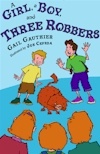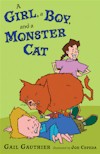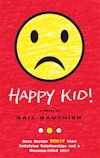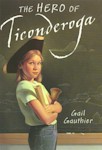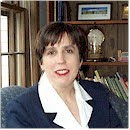Should We Start With Theme? Can It Even Be Done?
I've been going through some old writers' workbooks gathering my thoughts for a project I'm getting started on. I keep finding notes I took on various books on writing that I read over the past few years. I often don't even remember the titles of these things. I'm hoping I absorbed something that I'm not aware of consciously.
I do recall Rust Hill's Writing in General and the Short Story in Particular. Today I found a note I made while reading Hill: "The theme of the story--begin stating it from the very beginning."
I've been thinking about theme a lot this last year because of a discussion at the child_lit listserv. In a discussion of what makes a book YA, some people said that theme was as important, or even more so, than point-of-view. This, then, would justify classifying a book as YA even when main characters are adults speaking of their adolescent past. I had always believed that that point-of-view was a factor that made a book adult because the main characters were recalling experience through the filter of an adult's mind. YA, I thought, was from the point-of-view of characters who were in the midst of living their young adult lives.
So over the past year I've been thinking that maybe writers should have a good grasp of their theme(s) while they're writing. That note I made sometime in the past reminded me of that. "The theme of the story--begin stating it from the very beginning." Maybe that should be the case with novels as well as short stories, which was what Hill was primarily concerned with in his book.
Here's the thing, though...I've read (and heard) authors say that they're only aware of their themes after they've finished a work. That was certainly the case for me with my early books.
If there are any writers out there, do you think starting with a theme would be a good jumping off point for writing a book? Better than other jumping off points?
Labels: Theme, writing process
